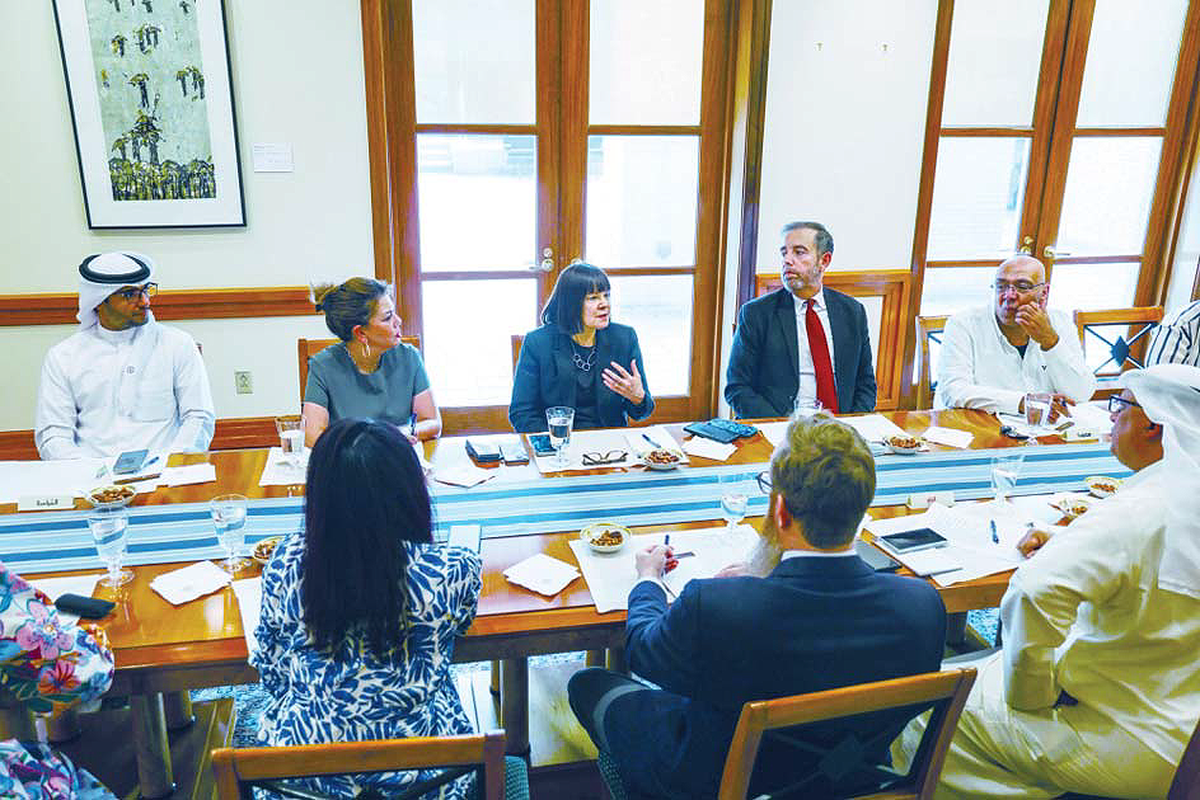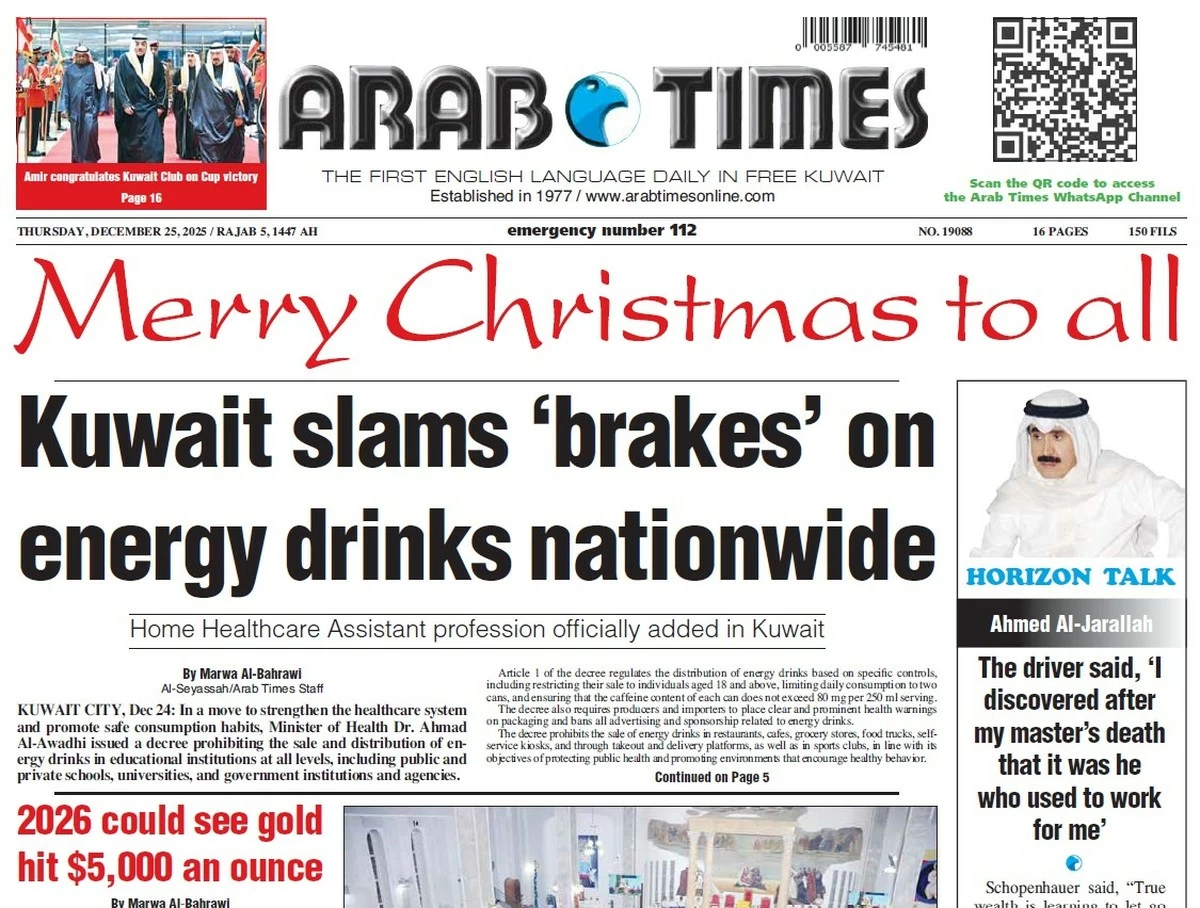09/07/2025
09/07/2025

Regarding the American position on tension in the region, she asserted, “We do not want this tension to escalate. The recent attacks were worrying, but the Gulf response was unified and swift. This is encouraging. No one wants to be drawn into conflict; being calm is important for everyone.” She also underscored the importance of promoting dialogue in the region, praising the Arab countries’ support for Syria and Lebanon. She emphasized that dialogue through the Arab League and the Organization of Islamic Cooperation is essential to achieving stability. Asked about the balance between American support for Israel and Washington’s commitment to maintain regional stability and protect human rights, she disclosed “we do not hide our support for Israel, but at the same time, we believe in the importance of balance between interests and principles. Any conflict in the region threatens security and stability, and negatively impacts trade and human rights. That is why we support dialogue and cooperation, instead of escalation.” On her assessment of US President Donald Trump’s efforts regarding the ceasefire in Gaza and its chances of success, Sasahara stated, “The president is very focused on this issue and is following it up himself. The goal is a ceasefire because it is the right path. The goal is not only economic gains, but also fulfilling humanitarian pledges.”
Regarding the regional situation, she warned that the current situation cannot tolerate further surprises, as all parties need national security. She indicated that the Arab League and the Organization of Islamic Cooperation can play a role in facilitating regional dialogue. She cited the decision of the United States to lift sanctions on Syria to provide food and medicines, as well as the visit of the new Lebanese president to Kuwait, describing them as positive indicators. Regarding the arrival of the new ambassador, she explained there is a timetable for nominations and the new candidate is still in Washington, indicating the arrival will be announced at the appropriate time through official channels. She said the timetable for appointing ambassadors is subject to internal considerations in the United States and is affected by the summer holidays and the progress of congressional sessions. She expressed her admiration for the media diversity in Kuwait; affirming that it is good to have such a large number of newspapers in a small country like Kuwait as it reflects a rich diversity of opinions.
She praised the Kuwaiti press, disclosing that based on her personal experience, newspapers here hide nothing and enable readers to know what is really going on. She revealed that she still relies on traditional print media as a primary source of information, and that it is more credible and transparent than social media. Asked about some students being affected by their freedom of expression on social media and being denied entry visas due to their views on the Gaza War, she said “I completely understand the concerns, but visa issuance is subject to criteria set by the US administration, which is the decision-maker in this regard. Expressing an opinion is not a crime, but the procedures are based on national immigration policies. We have to balance opening legitimate travel with national security priorities. We want students to come to study, but we do not want people who have no good intentions for our country. When you fill out a visa application and say you are going to study, that should be your goal. We are committed to welcoming students, while continuing to adapt our visa criteria to changing circumstances. We resumed the F, M and J visa interviews last week. We are now operating normally. There are some additional requirements in the process and we have been clear about them from the beginning.”


